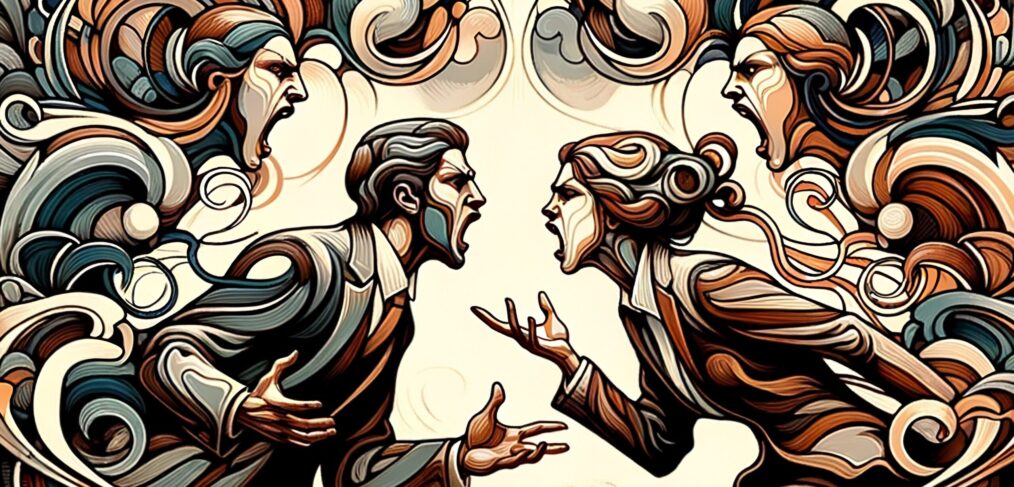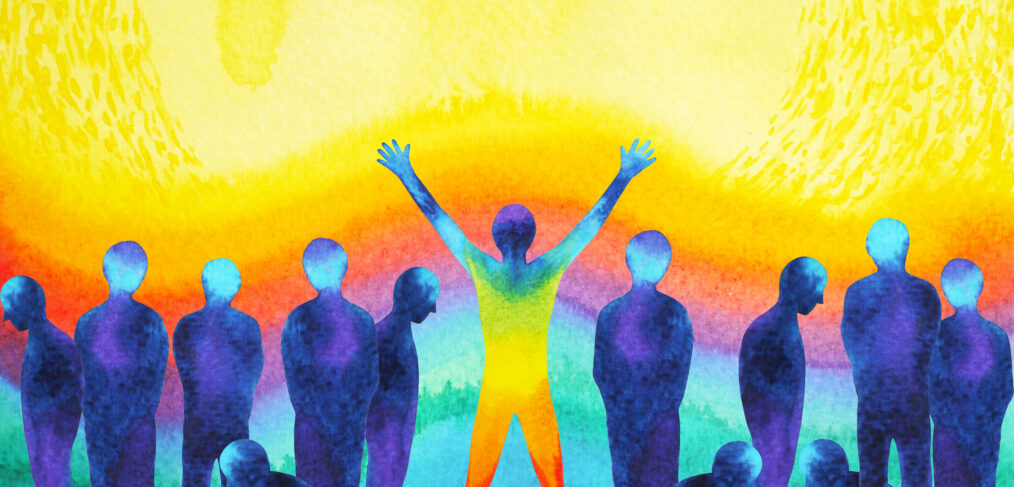Everyone has a right to their secrets. We all have ideas, passions, and emotions constantly streaming through us. Some are dark and would hurt people in our lives if they were known. Some of them may be embarrassing and cause us to feel guilty and ashamed if they were known. Your psyche belongs to you. […]
Honesty is one of the most important qualities we can have as people. Honesty is key in interpersonal relationships, forming the basis for trust, loyalty, and love. But more important than honesty with other people is honesty with yourself. Dishonesty with yourself can lead to a whole host of problems and issues, and the only way to address them is by coming clean. Self-honesty is also the only path toward a meaningful life. If your path isn’t genuine, it will lack meaning. Honesty can be challenging, but it just takes practice, like any habit.
A friend and I were having a light conversation this past weekend around a fire pit, and a subject came up on which we disagreed. He and I differ in our opinions that largely follow political leanings. We had never talked about it, but I had heard him say some things that made his politics reasonably clear. When he said something that I disagreed with, my first reaction was, “Oh, shit, there goes the relaxed atmosphere.” But then I thought, “Why can’t we have an honest disagreement and not make it personal or political?” It is possible, although seemingly less and less achievable these days. So I gave it a shot. In a very polite way, I said that I was in favor of something that he thought was wrong. And a miracle happened! He said, “Well then, we should agree to disagree,” noting that he hated how hard it was to do that these days. It was fantastic. We dropped the subject and got on with our enjoyable evening.
At the moment, I am making a concerted effort to live a healthier life—less drinking, healthier eating, and consistent exercise. Under “normal” circumstances, I can do that without too much temptation—typical working days, going to bed at a consistent time, and managing my energy. But when there’s a celebratory mood, or we have people over, or during a vacation or the holidays, the temptations are much more significant, and the rationalizations are easier.
Each of us makes many choices every day. Some of them are commonplace (what will I have for breakfast?), while some are weighty (should I look for a new job?). All of our choices have consequences, some of which we know and take into account and some of which we’re unaware of or in denial about. It’s important that we understand why we make the choices we do (all of them) and the relationships between their potential consequences and our motivations. Our paths in life are driven by our motivations, and the clearer the pictures we have of what drives us down our paths, the better able we will be to sit squarely in the driver’s seat. It can be so easy to switch on cruise control and go wherever the road takes us based on what is visible through the windshield. But if we take the time to really understand where we want to go—what we want from life—and map out a route to take us there, we’ll be much more likely to make choices that are consistent with that path.





